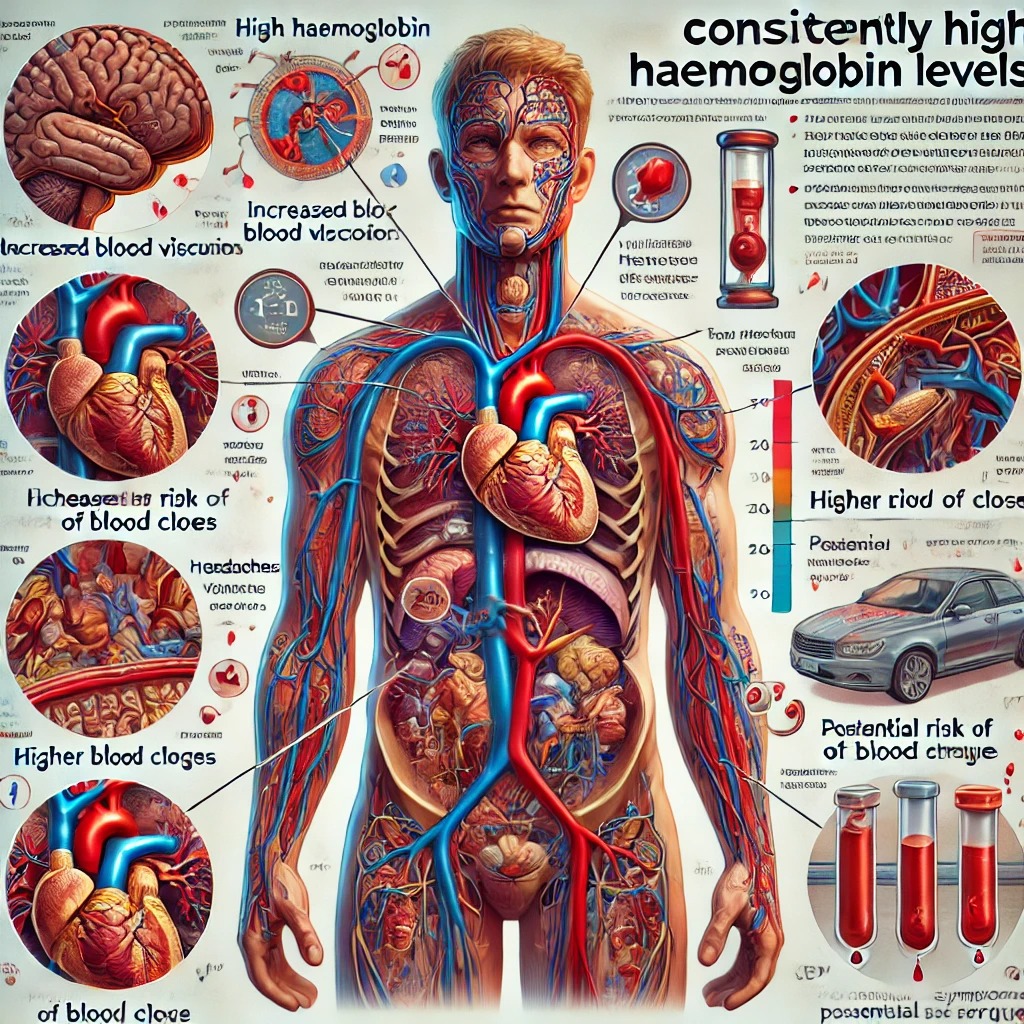
Understanding Hemoglobin and Its Role in the Body
- What is Hemoglobin?
Hemoglobin is a vital protein found in red blood cells responsible for transporting oxygen from the lungs to other parts of the body. It consists of globin (protein) and heme (iron), which work together to bind oxygen molecules for delivery throughout the body. - Why Hemoglobin Levels Matter:
Hemoglobin plays a key role in maintaining overall health by ensuring adequate oxygen supply and energy production. The normal range for hemoglobin levels differs for men and women, and abnormal levels may indicate underlying health issues. - What Constitutes High Hemoglobin Levels?
Elevated hemoglobin, also known as polycythemia, occurs when hemoglobin levels surpass the normal range. This condition can result from factors such as high altitude living, certain medical conditions, or chronic diseases.
Causes of High Hemoglobin Levels
- Primary Polycythemia (Polycythemia Vera):
Polycythemia vera (PV) is a rare blood disorder caused by genetic mutations (e.g., JAK2) that result in the overproduction of red blood cells by the bone marrow. Common symptoms include dizziness, headaches, and splenomegaly (enlarged spleen). - Secondary Polycythemia:
Various conditions, such as lung diseases (e.g., COPD), congenital heart disease, or chronic hypoxia, can trigger secondary polycythemia. In response to reduced oxygen levels, the body increases hemoglobin production to compensate. Living at high altitudes also contributes to elevated hemoglobin levels due to lower oxygen availability. - Dehydration and Hemoconcentration:
Hemoconcentration occurs when dehydration reduces plasma volume, leading to a temporary rise in hemoglobin levels. - Use of Performance-Enhancing Drugs:
Athletes may use substances like erythropoietin (EPO) or anabolic steroids to artificially boost red blood cell production and hemoglobin levels, which can pose significant health risks.
Effects of Consistently High Hemoglobin Levels on the Body
- Increased Blood Viscosity and Sluggish Circulation:
Thickened blood due to high hemoglobin levels makes it more difficult for the heart to pump efficiently, slowing circulation and hindering the transport of oxygen and nutrients to vital organs. - High Blood Pressure:
Elevated hemoglobin can lead to increased blood pressure, placing extra strain on the cardiovascular system. This increases the risk of complications such as heart failure, stroke, and kidney damage. - Increased Risk of Blood Clots (Thrombosis):
Higher hemoglobin levels result in thicker blood, which can cause blood clots to form in arteries and veins. This raises the risk of deep vein thrombosis (DVT), pulmonary embolism, and strokes. Signs of blood clots include swelling, redness, and shortness of breath. - Enlarged Spleen (Splenomegaly):
The spleen works to filter damaged red blood cells, and excess production can lead to splenomegaly. Symptoms include a feeling of fullness and pain in the upper left abdomen. - Headaches and Dizziness:
Increased blood viscosity can result in inadequate circulation to the brain, causing frequent headaches and dizziness due to poor oxygen supply. - Fatigue and Shortness of Breath:
Despite the increased oxygen-carrying capacity, high hemoglobin levels can strain the heart and lungs, leading to fatigue and shortness of breath, particularly during physical activity. - Reddish or Purplish Skin Tone:
High hemoglobin can cause a reddish or purplish tint to the skin, especially in the face and extremities, due to increased blood flow. Severe oxygen deprivation can lead to cyanosis, or a bluish discoloration of the skin. - Night Sweats and Itching:
Individuals with polycythemia vera may experience night sweats and itching after warm showers due to abnormal histamine release from the elevated red blood cell count.
Long-Term Health Risks of High Hemoglobin Levels
- Cardiovascular Complications:
Consistently high hemoglobin levels increase the risk of heart attacks, strokes, and atherosclerosis. Thicker blood and high blood pressure can contribute to plaque buildup in the arteries, heightening the risk of cardiovascular diseases. - Chronic Thromboembolic Pulmonary Hypertension (CTEPH):
Elevated hemoglobin can increase the risk of CTEPH, a condition where blood clots cause chronic high blood pressure in the pulmonary arteries, leading to heart failure. - Kidney Damage:
High hemoglobin can put extra strain on the kidneys, impairing their function over time and increasing the risk of chronic kidney disease. - Gout and Elevated Uric Acid Levels:
High hemoglobin, particularly in cases of polycythemia vera, can lead to elevated uric acid levels in the blood, increasing the likelihood of gout. Symptoms include painful joint inflammation, especially in the big toe.
Diagnostic Approaches for High Hemoglobin Levels
- Blood Tests for Hemoglobin:
Hemoglobin levels are typically measured using a complete blood count (CBC). The normal range varies by age and sex, with elevated levels indicating polycythemia or other potential conditions. - Additional Diagnostic Tests:
- Erythropoietin (EPO) Test: Determines whether elevated hemoglobin is due to primary polycythemia (low EPO) or secondary causes (high EPO).
- Bone Marrow Biopsy: This test checks for abnormal cell production in polycythemia vera.
- Oxygen Saturation Testing: Measures oxygen levels in the blood to assess whether high hemoglobin results from chronic hypoxia.
- Imaging Tests:
- Chest X-ray or CT Scan: These imaging tests can help identify underlying lung or heart conditions contributing to elevated hemoglobin.
- Ultrasound or MRI of the Spleen: Imaging may be used to assess spleen enlargement in cases of suspected splenomegaly.
Treatment Options for High Hemoglobin Levels
- Phlebotomy (Bloodletting):
A common treatment for polycythemia vera, phlebotomy involves removing blood to reduce hemoglobin levels and relieve symptoms. Treatments may be repeated regularly depending on severity. - Medications to Lower Hemoglobin:
- Hydroxyurea: This medication suppresses bone marrow activity to reduce red blood cell production in polycythemia vera.
- Interferon Therapy: Interferon is used to regulate the immune system and control excessive blood cell production.
- Aspirin Therapy: Low-dose aspirin can be used to reduce the risk of blood clots in individuals with high hemoglobin.
- Treating Underlying Conditions:
- Oxygen Therapy: This is often used for chronic hypoxia to lower hemoglobin production by improving oxygen levels in the blood.
- Smoking Cessation: Quitting smoking is essential for individuals with high hemoglobin related to chronic hypoxia.



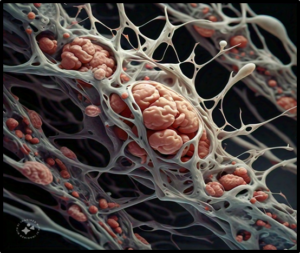
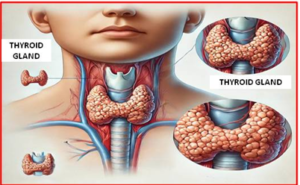
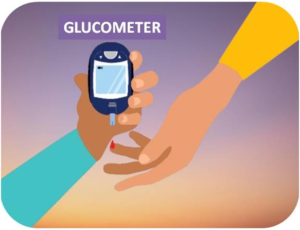
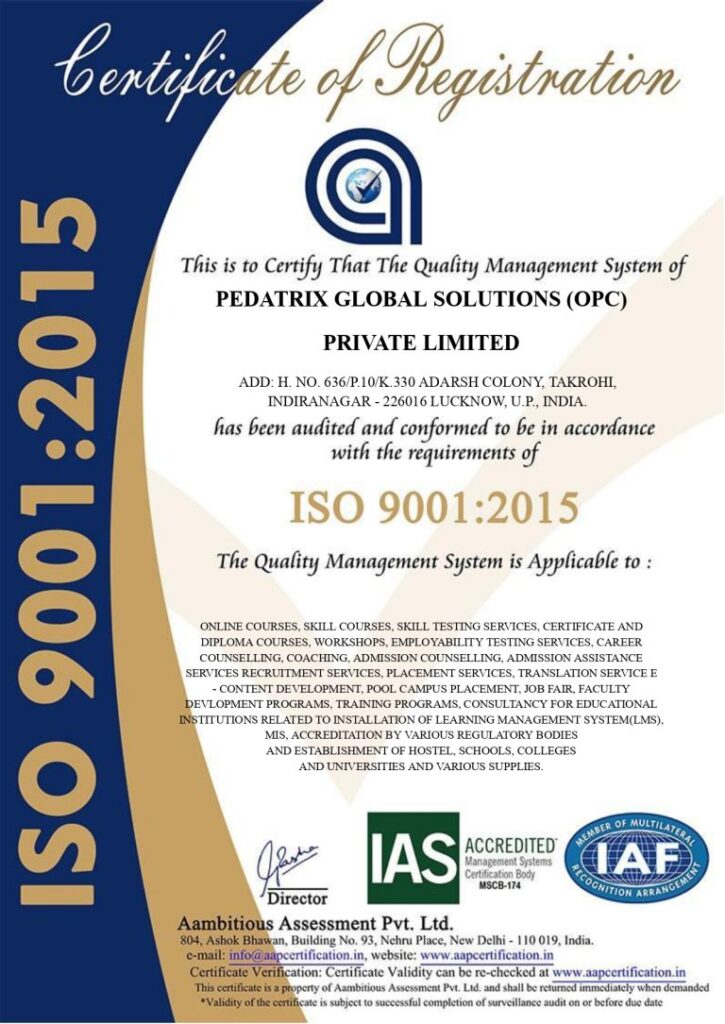
3 thoughts on “Here’s What Happens to the Body When Your Hemoglobin Level is Consistently High”
This is a comprehensive review and would be useful for students of graduation and post graduation.
“Informative article on polycythemia, with clear points on diagnosis and treatment.”
Great article! I found the information about mental wellness strategies incredibly useful, especially the emphasis on community support. It’s inspiring to see how these initiatives can make a real difference in people’s lives. I’d love to hear more about any specific tools or resources you recommend for those looking to get involved in mental wellness advocacy. Thanks for sharing your insights!